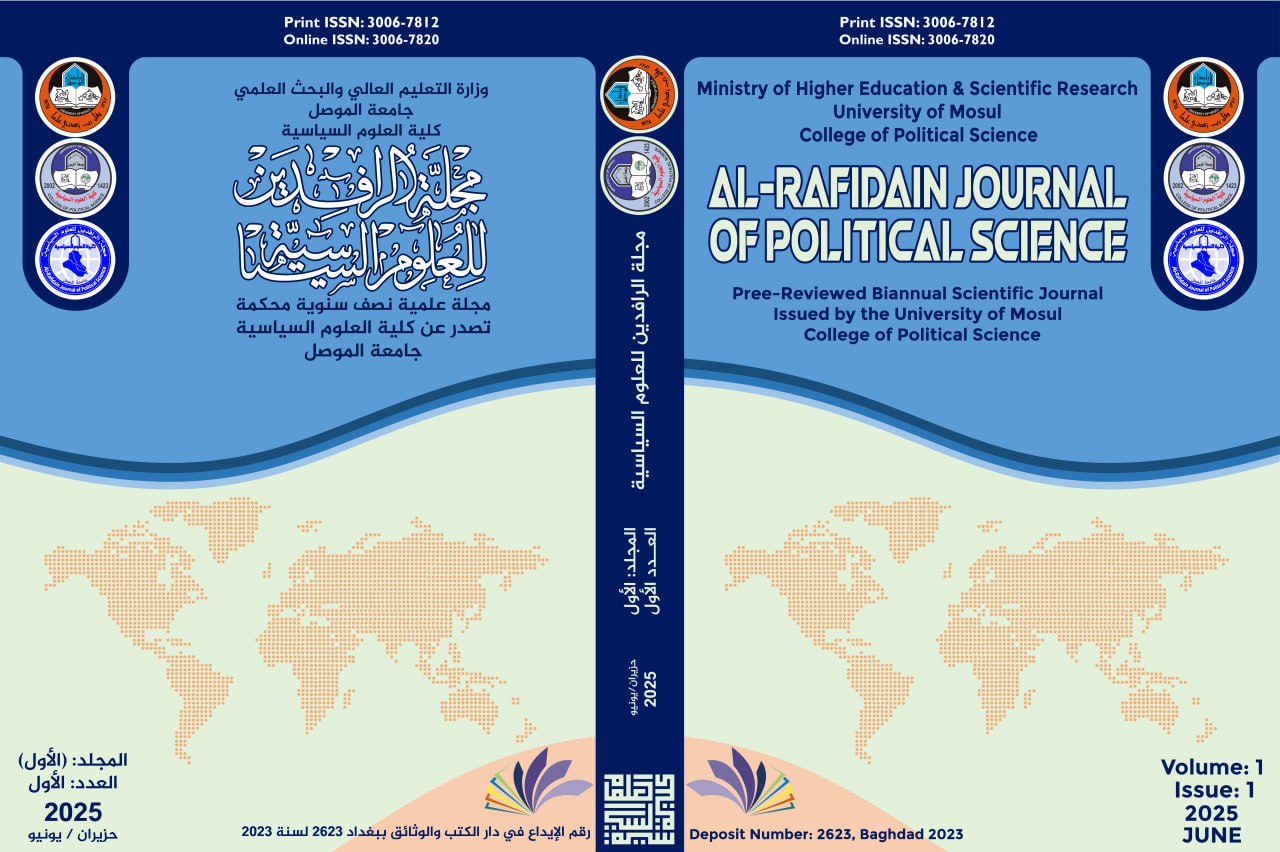Internal Political Balances and Their Impact on the Effectiveness of the Iraqi Political System After 2003
Abstract
Iraq witnessed a major political transformation after 2003, represented by the overthrow of the former regime and the establishment of a new political system based on pluralism and democracy. However, this transformation faced fundamental challenges due to internal political balances that were built on sectarian and ethnic foundations. These balances led to the emergence of a quota system that negatively affected the effectiveness of the state's political system and exacerbated crises of corruption, fragmentation of political decision-making, and societal division. Despite this, political balances are important in their ability to prevent political monopoly and to achieve true representation of various societal groups, thereby enhancing political legitimacy and reducing the likelihood of conflicts and divisions.





